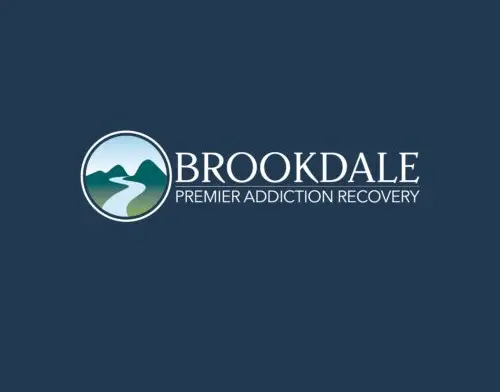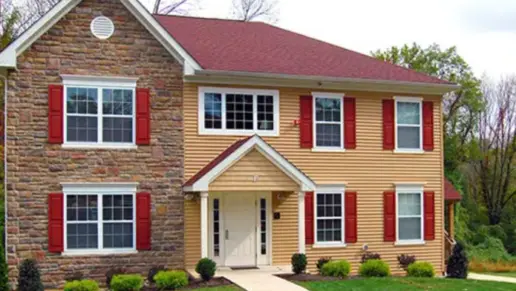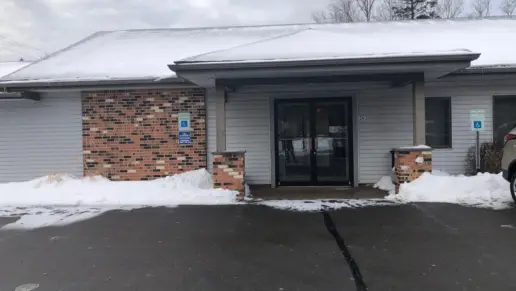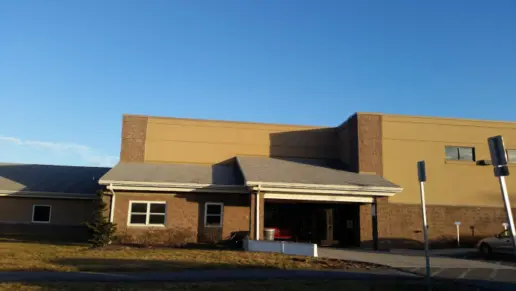Brookdale changed my way of thinking and taught me how to deal with the real problem which is me and how to live without drugs and alcohol being the solution to the me problem, This facility saved my life,
About Brookdale Premier Addiction Recovery
Brookdale Premier Addiction Recovery provides substance abuse and co-occurring mental health treatment for adults. You’ll find ‘em located out in Scotrun, Pennsylvania. They offer detox and residential services.
The campus is on 100 acres of scenic landscape. You’ll have amenities like a swimming pool, basketball, volleyball, a fitness center, a sauna, tennis courts, and a game room. They also have hiking trails for outdoor fun and enjoyment.
They have medically managed detox to ensure safety and comfort for each guest. You’ll get treated with respect and compassion with a team of experts caring for you 24/7 to address any issues. Medication-assisted treatment is available to lessen withdrawal symptoms and reduce drug cravings during treatment.
Residential treatment allows guests to focus on healing without outside distractions. They also have gender-specific groups available.
Residents attend therapy sessions using proven methods like cognitive behavioral therapy (CBT) and dialectical behavior (DBT) therapy to examine past thoughts and behaviors that may have led to addiction issues. They can work on developing healthy coping skills and recognizing triggers. That way, you’ll be stronger in learning ways to prevent relapse.
You’ll attend 12 Step meetings, like Alcoholics Anonymous or Narcotics Anonymous, which can help with accepting accountability and responsibility for your actions and sobriety. It also creates a network of support that encourages your progress throughout the program, and they’ll stay with you after you graduate.
Holistic methods like mindfulness and meditation are included in the program to provide an alternative to traditional methods. These practices can reduce stress and promote relaxation and focus.
Family education is available to help loved ones understand more about the disease of addiction. It may help with proper boundary setting and learning healthy communication skills.
Aftercare is a vital component of their program and assists with continued recovery efforts. This service may include ongoing counseling, connections to community resources and events.
Facility Overview
Rehab Score
Gallery

Location
Accepted Insurance
Other Forms of Payment
Private insurance refers to any kind of healthcare coverage that isn't from the state or federal government. This includes individual and family plans offered by an employer or purchased from the Insurance Marketplace. Every plan will have different requirements and out of pocket costs so be sure to get the full details before you start treatment.
Self-pay involves paying for treatment out of your own pocket. You can use savings or credit, get a personal loan, or receive help from family and friends to fund your treatment. If you don't have insurance or your insurance plan doesn't cover a specific program, self-pay can help ensure you still get the care you need.
Addiction Treatments
Levels of Care
Treatments
The goal of treatment for alcoholism is abstinence. Those with poor social support, poor motivation, or psychiatric disorders tend to relapse within a few years of treatment. For these people, success is measured by longer periods of abstinence, reduced use of alcohol, better health, and improved social functioning. Recovery and Maintenance are usually based on 12 step programs and AA meetings.
Drug rehab in Pennsylvania is devoted to the treatment of addiction. Levels of care, treatment methods, and settings differ, but the aim of each program is to end drug dependency and empower participants to achieve long-term recovery.
Opioid rehabs specialize in supporting those recovering from opioid addiction. They treat those suffering from addiction to illegal opioids like heroin, as well as prescription drugs like oxycodone. These centers typically combine both physical as well as mental and emotional support to help stop addiction. Physical support often includes medical detox and subsequent medical support (including medication), and mental support includes in-depth therapy to address the underlying causes of addiction.
Substance rehabs focus on helping individuals recover from substance abuse, including alcohol and drug addiction (both illegal and prescription drugs). They often include the opportunity to engage in both individual as well as group therapy.
Programs

Clinical Services
Research clearly demonstrates that recovery is far more successful and sustainable when loved ones like family members participate in rehab and substance abuse treatment. Genetic factors may be at play when it comes to drug and alcohol addiction, as well as mental health issues. Family dynamics often play a critical role in addiction triggers, and if properly educated, family members can be a strong source of support when it comes to rehabilitation.
Group therapy is any therapeutic work that happens in a group (not one-on-one). There are a number of different group therapy modalities, including support groups, experiential therapy, psycho-education, and more. Group therapy involves treatment as well as processing interaction between group members.
In individual therapy, a patient meets one-on-one with a trained psychologist or counselor. Therapy is a pivotal part of effective substance abuse treatment, as it often covers root causes of addiction, including challenges faced by the patient in their social, family, and work/school life.
Motivational interviewing in Pennsylvania gives you the opportunity to share your perspective and explore your ideas and motivation for change. Your therapist will walk you through the four steps of engaging, focusing, evoking, and planning to empower you to make any desired changes in your life.
It is important to process the impact that traumatic experiences have had on your life. During trauma therapy, you and an experienced therapist confront these experiences and the emotional impact it is had. This helps to reduce your symptoms of stress and anxiety and improve your overall mental health and well being.
Incorporating recreational therapy into drug and alcohol addiction programs in Pennsylvania helps you rebuild your life and maintain sobriety by discovering new interests and developing healthy coping mechanisms. Recreational activities can include painting, team sports, and hiking to promote physical and mental health.
Two nicotine replacement therapy medicines have been approved by the FDA. Bupropion decreases cravings and withdrawal symptoms. Varenicline reduces the urge to smoke and the enjoyment you get from cigarettes. Nonprescription therapies include gum, patches, and lozenges.
Amenities
-
Lakeside
-
Private Rooms
-
Gym
-
Private Transportation
-
Residential Setting
Staff & Accreditations
Staff
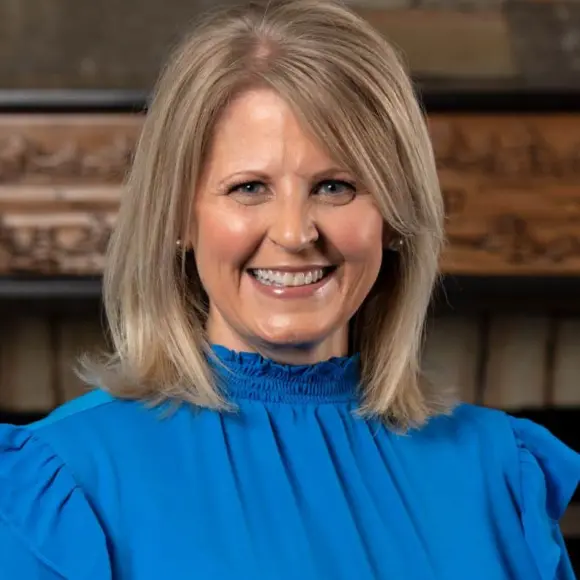
CEO
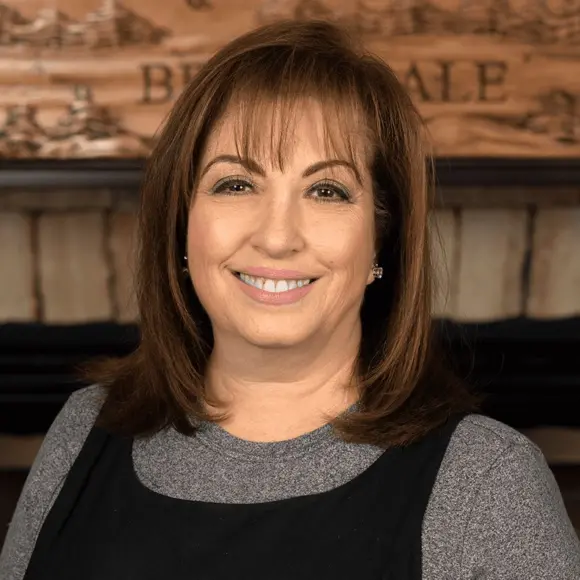
Chief Human Resource Officer
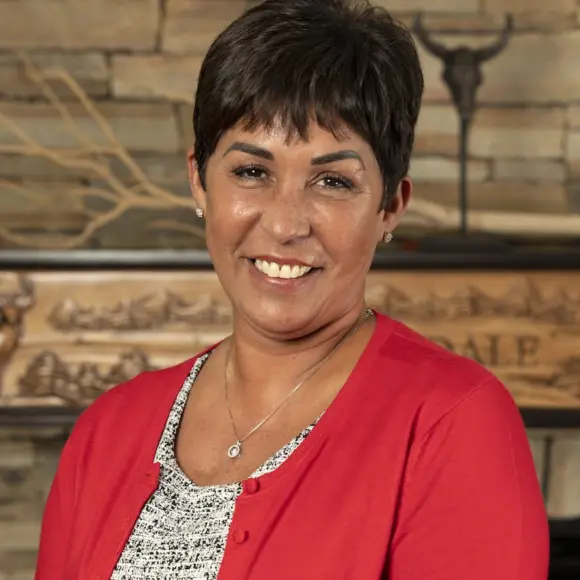
Chief Compliance Officer
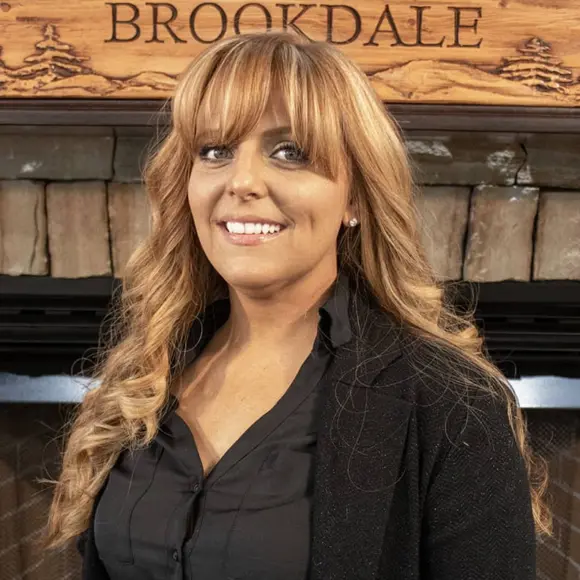
Chief Clinical Officer
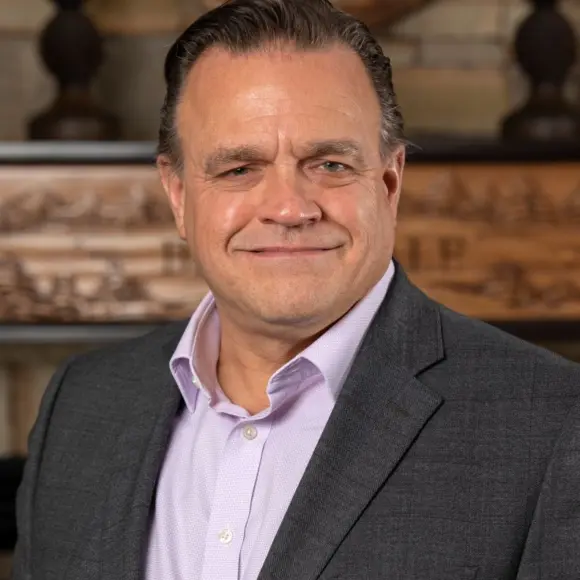
Medical Director
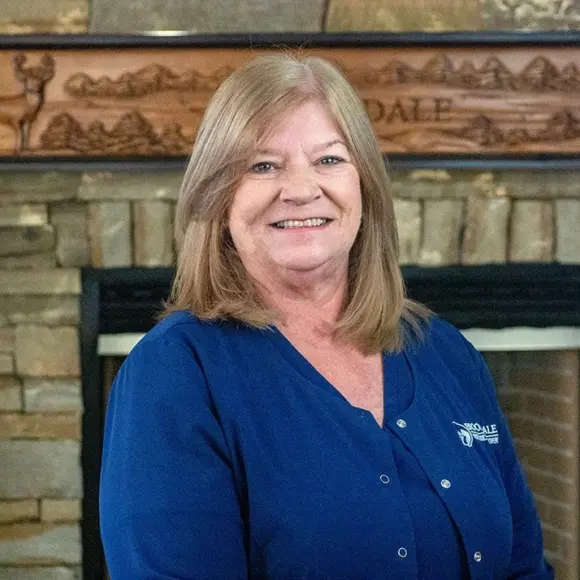
Director of Nursing
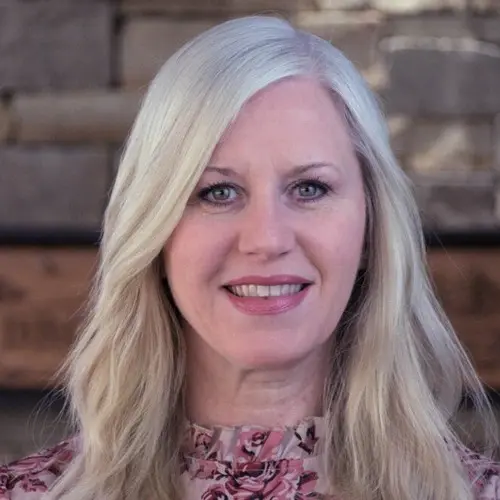
Clinical Program Coordinator of Stars & Stripes
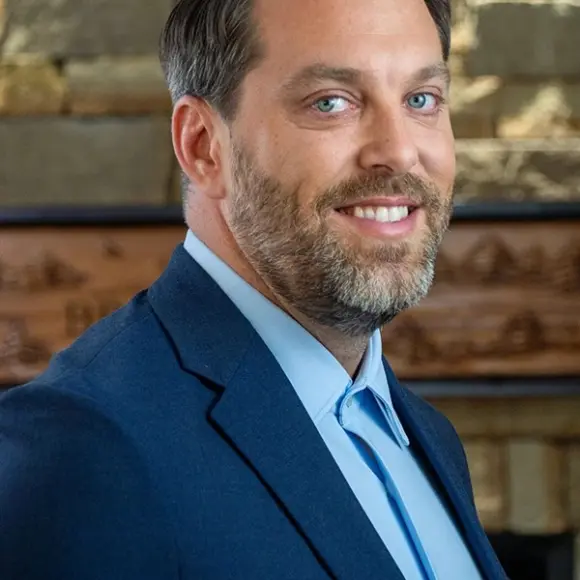
Director of Care Coordination & Patient Experience
Accreditations

The Joint Commission, formerly known as JCAHO, is a nonprofit organization that accredits rehab organizations and programs. Founded in 1951, the Joint Commision's mission is to improve the quality of patient care and demonstrating the quality of patient care.
Joint Commission Accreditation: Yes
Contact Information
2455 Back Mountain Rd
Scotrun, PA 18355
